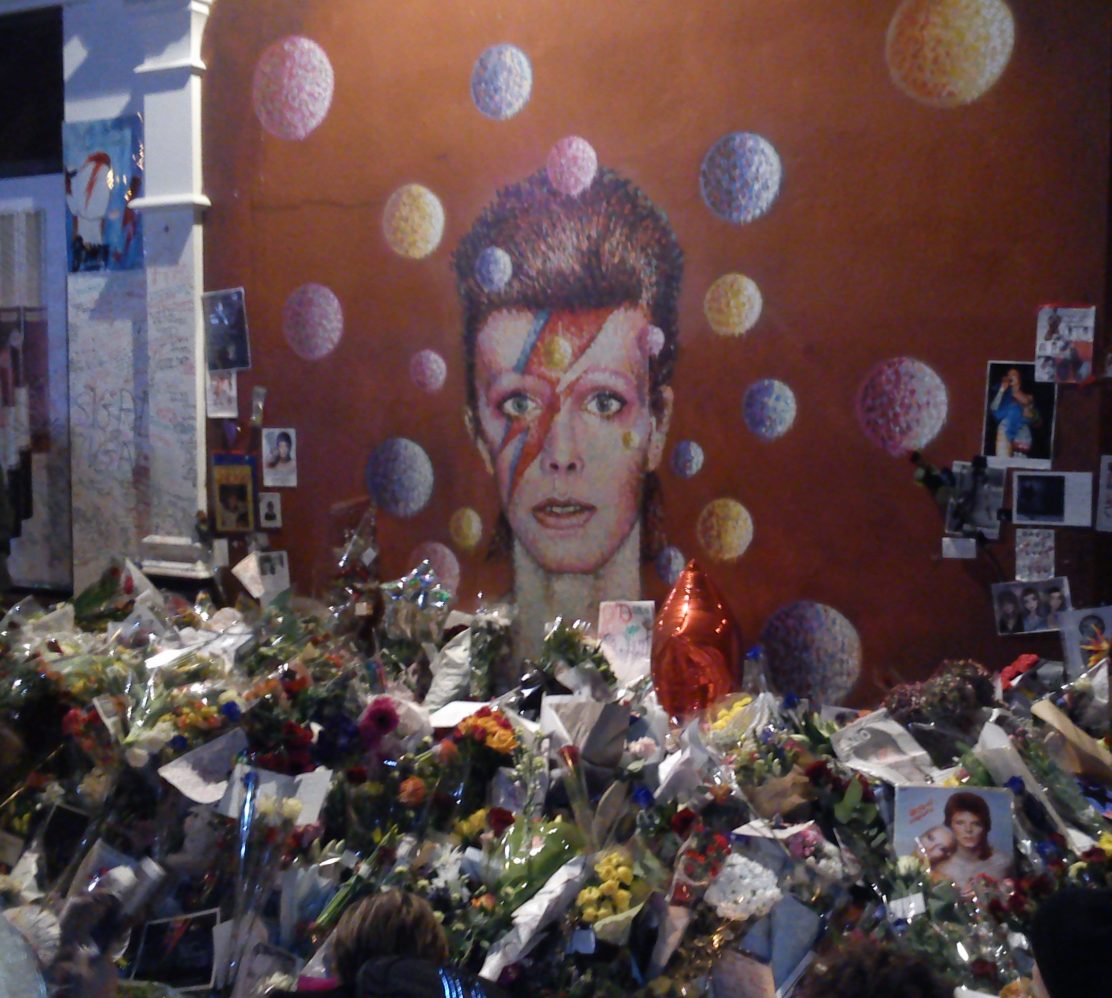On Monday the 3rd of December, I met up with Ian Chisnall in our local Plot Bunnies pub, the Caxton Arms. Ian ran in the elections on the 15th November to be the Police and Crime Commissioner for Sussex. Sadly (in my opinion), he came only third (the position was won by a Conservative lady), but nonetheless, he agreed to meet me as planned after the election to discuss various issues.
The aspect of the campaign that made me want him to win was that he had signed the IFAW pledge which would have meant that one of his priorities as PCC would have been to enforce wildlife protection laws. I had signed a letter to all the local candidates, and he not only emailed me back, but also asked me what I would be doing myself to help wildlife in this area. I told him I keep this blog and often write about such issues and he agreed to meet me and said I was free to report whatever I wished.
We began by chatting a little, of course, but it didn’t take long for us to get around to talking about the pledge he had taken. Apparently, he had received around 260 emails from various charities and organisations asking him to sign the pledge, including the RSPCA, although he thought that what the RSPCA were asking was a little unrealistic. They wanted Ian’s commitment to retain the current number of wildlife enforcement officers, but this would not have been possible if funding had been cut. Ian had not given much thought to wildlife crime until he received the emails. His focus was, and still is, on ‘faith, charity, public and private sectors’, as it says on his Twitter profile, and he was always aware that to have any chance of success, he needed to engage with people like myself: writers, bloggers, and those who use social media. The Lib Dems used no social media, he said. UKIP (don’t get me started) also used none. Labour and the Tories did use social media, but in a rather ‘flat way’, wherein they would respond to queries rather than communicating themselves. Indeed, it was his initial response that made me warm to him in the first place, so I can only conclude that he is correct about that.
Next, I asked him for his thoughts about the riots in summer 2011. (One of those evenings, my instructor cancelled a class so that everyone could go home and avoid getting caught in the crossfire and / or get arrested. I wasn’t there, that night, but I heard looters had raided a local cafe and got away with a few biscuits…) Ian’s reply pleased me. He said that had the police been more open to the public, on a one-to-one basis, the riots would have been less likely to have occurred. The Met did not deal with the Mark Duggan shooting competently, Ian said, and suggested that if you do something like that and don’t then reassure people, shit happens. ‘The Met got what they deserved,’ he said, ‘in that sense,’ and I am inclined to agree with him. People arrested were locked up. Minor offences were punished using long sentences. And even though some people did some evil things, community sentencing alone is not enough – the consequences of these actions on other people, Ian said, also need to be considered. One of the big concerns at this time was that police forces need to support other forces. The political role of the PCC would be to put pressure on the Met or whoever was responsible to improve the relationship with the community.
We were talking for around an hour, so of course much as said, but the rest will be in a separate blog entry.
